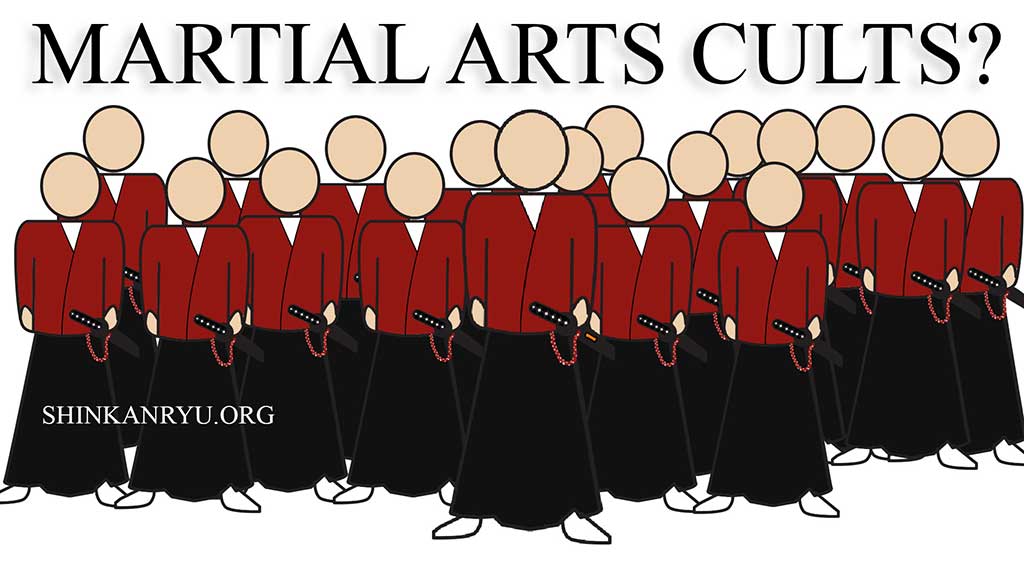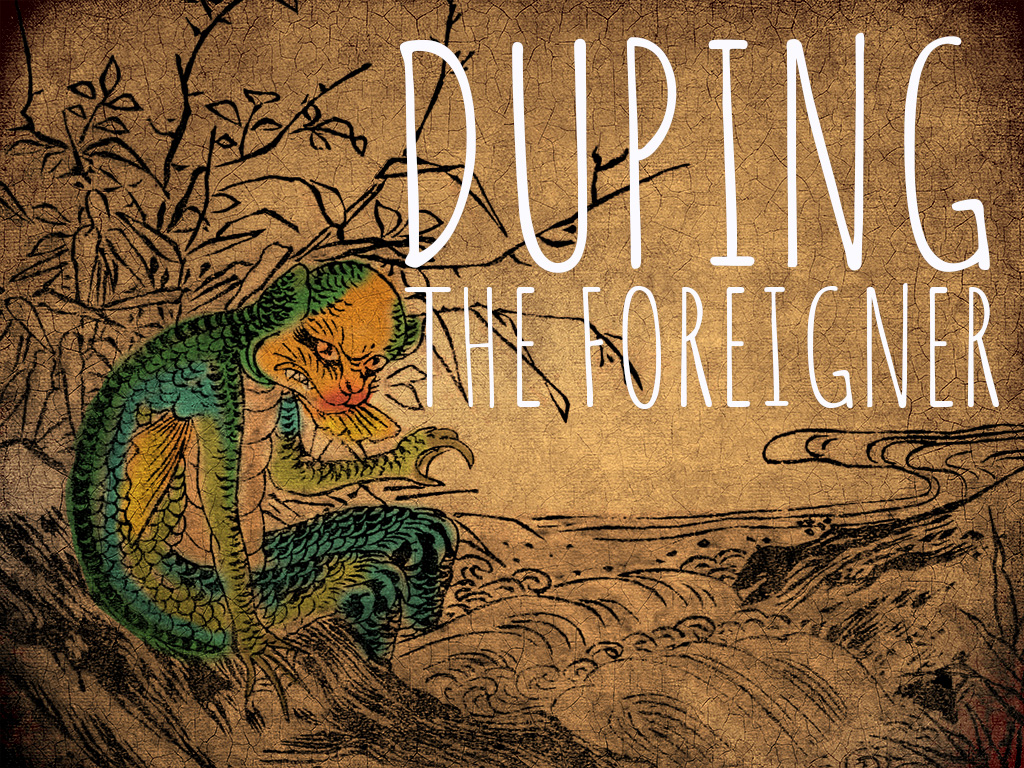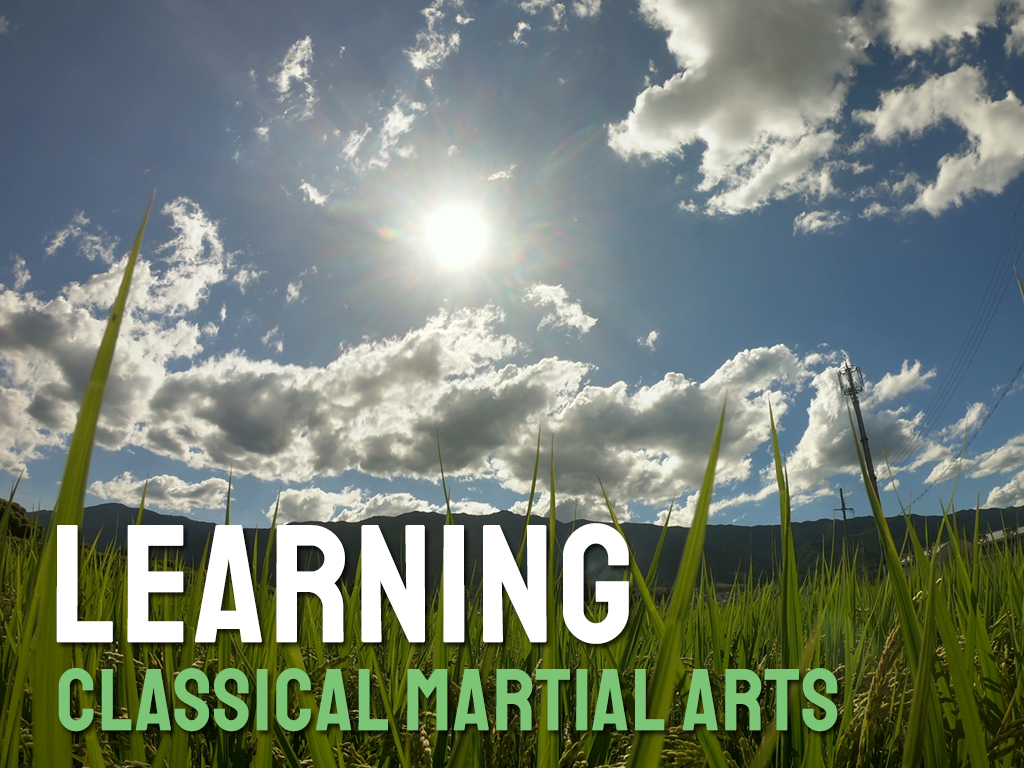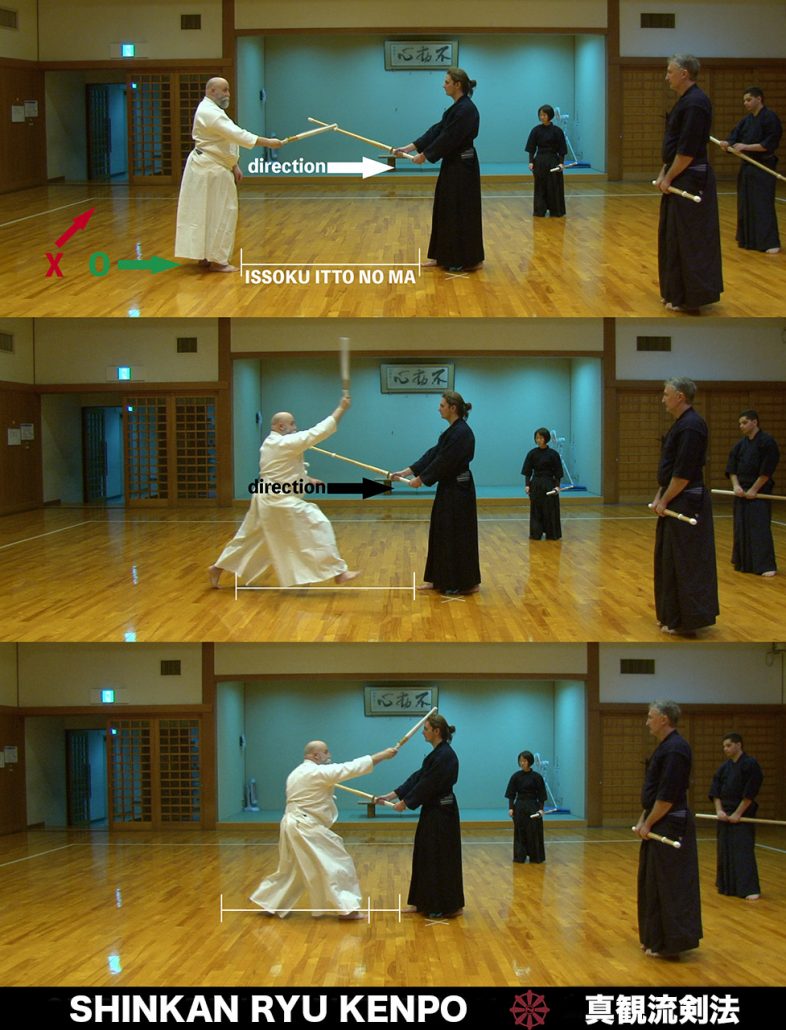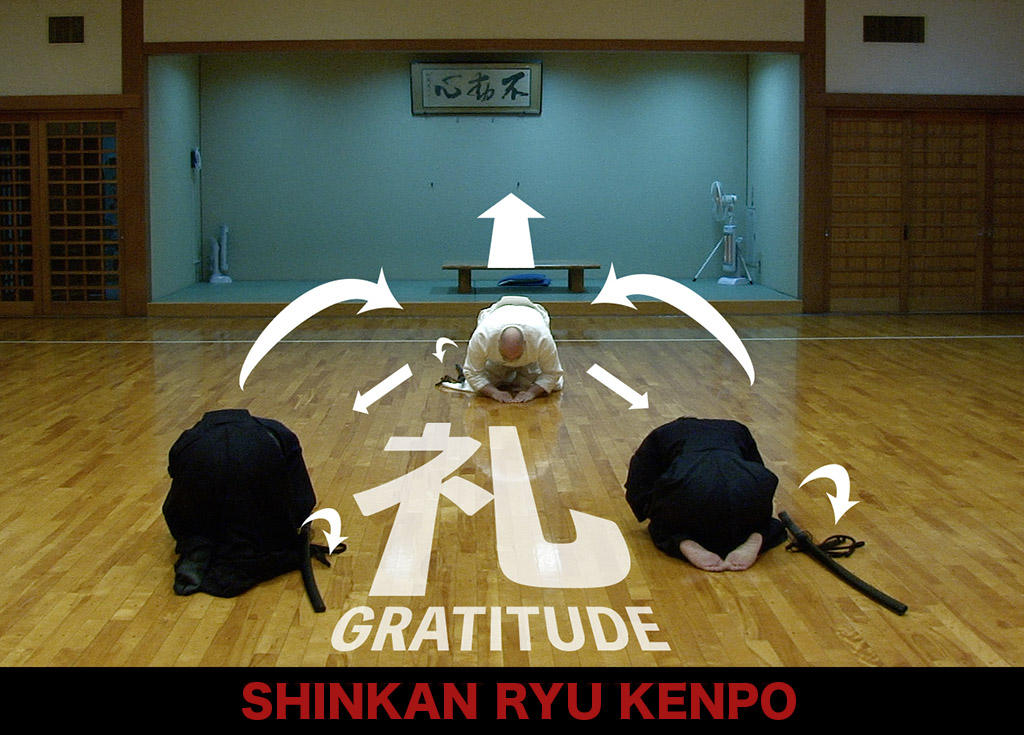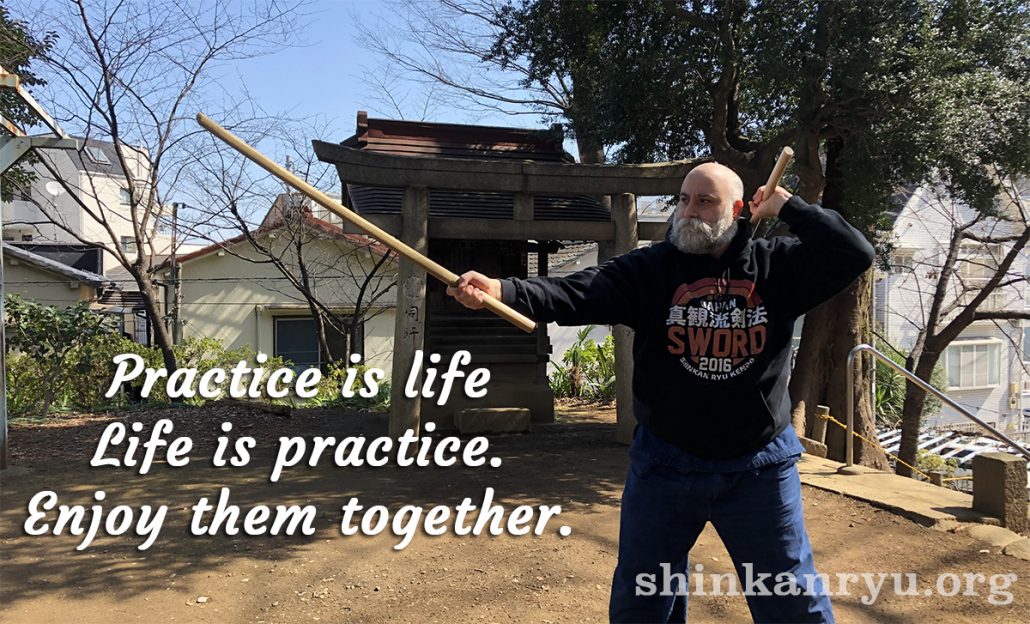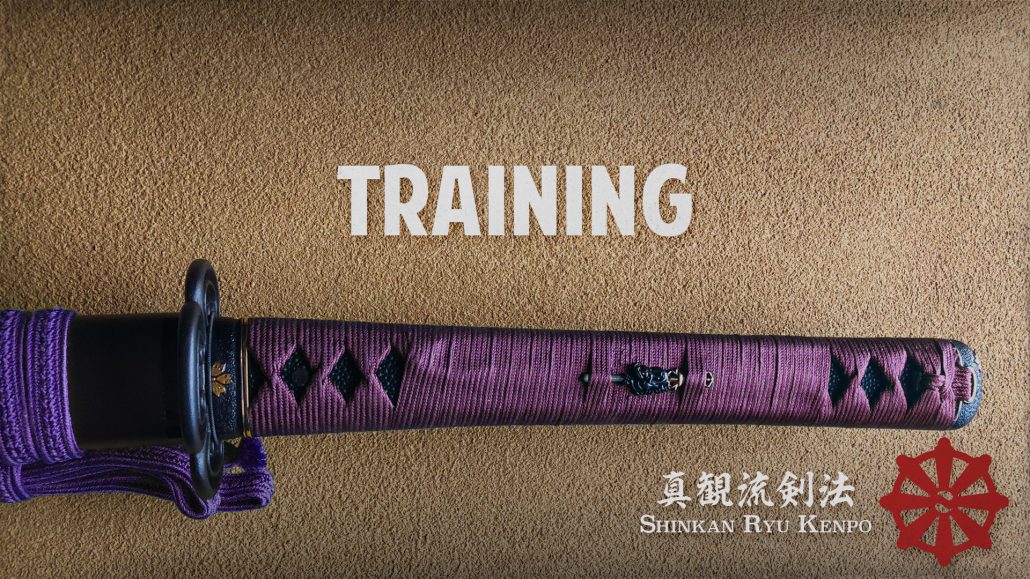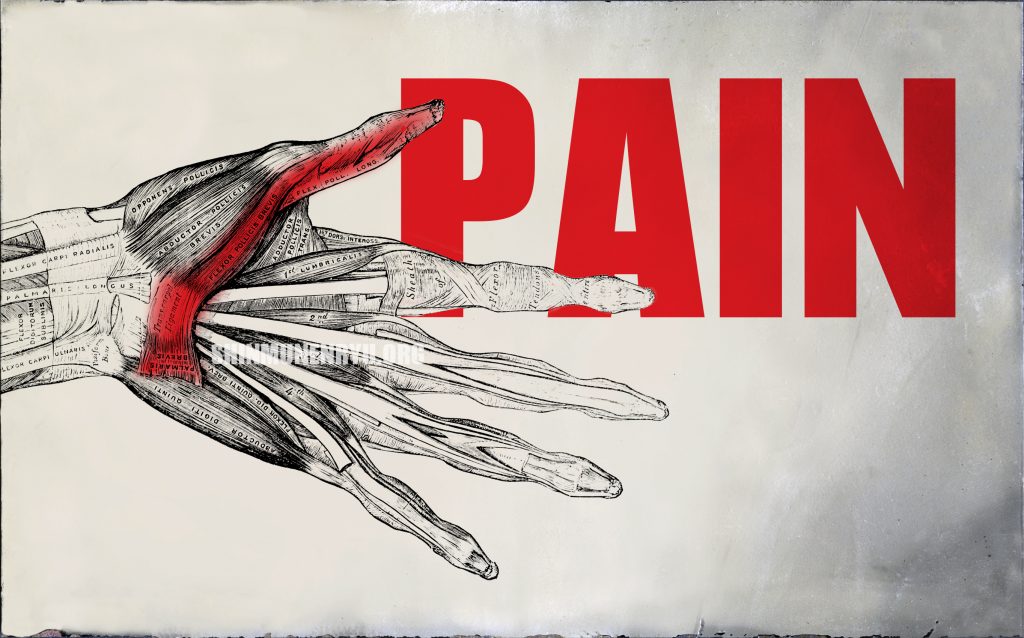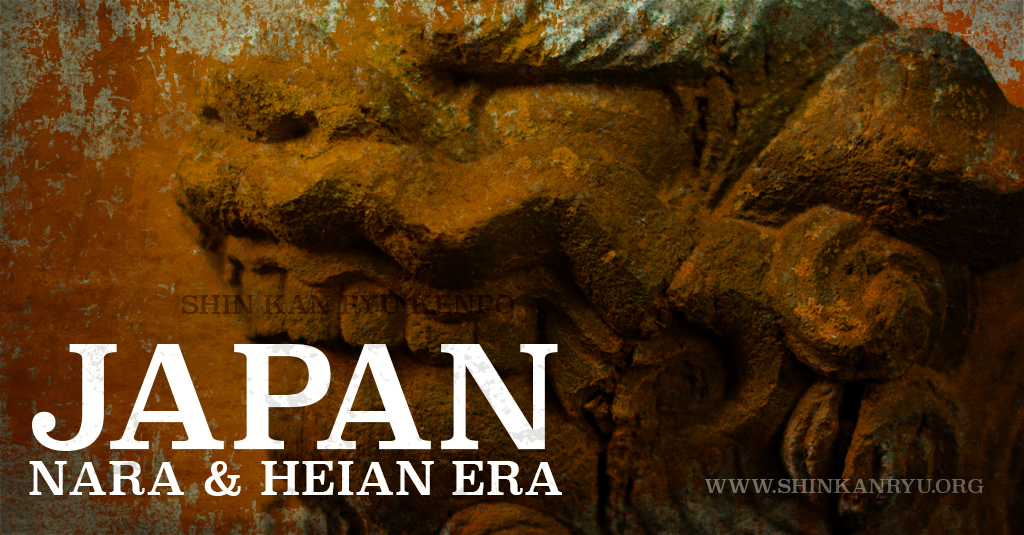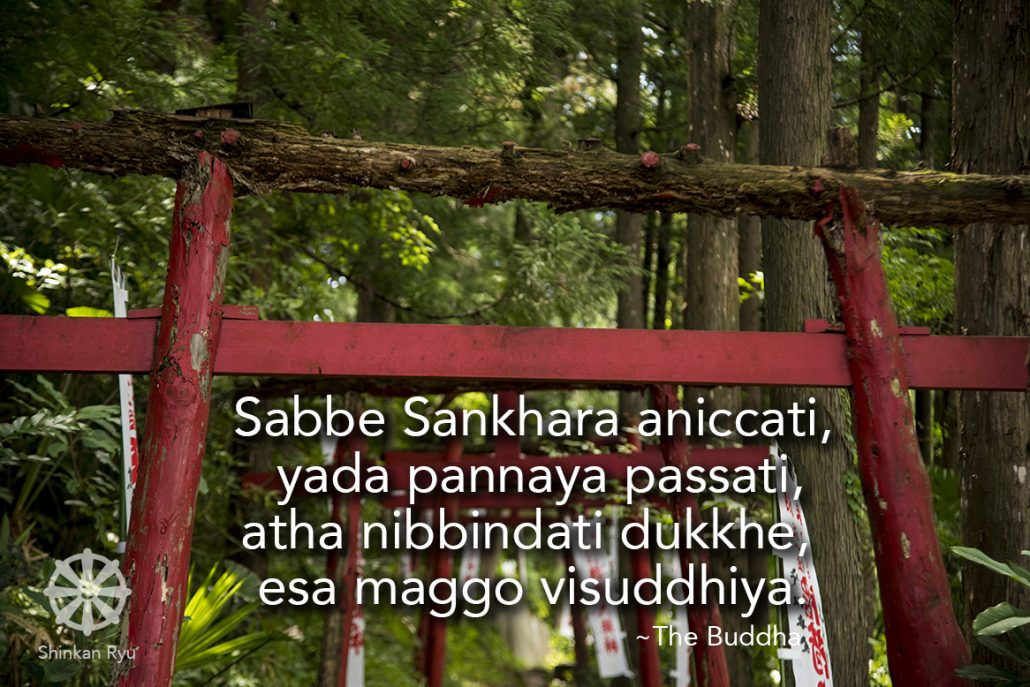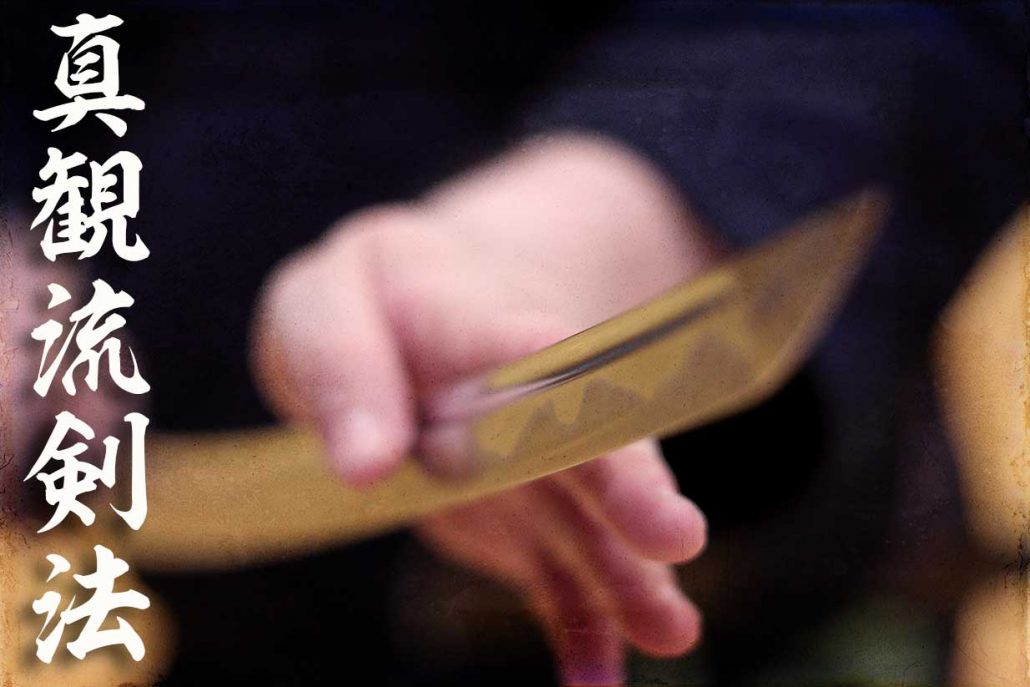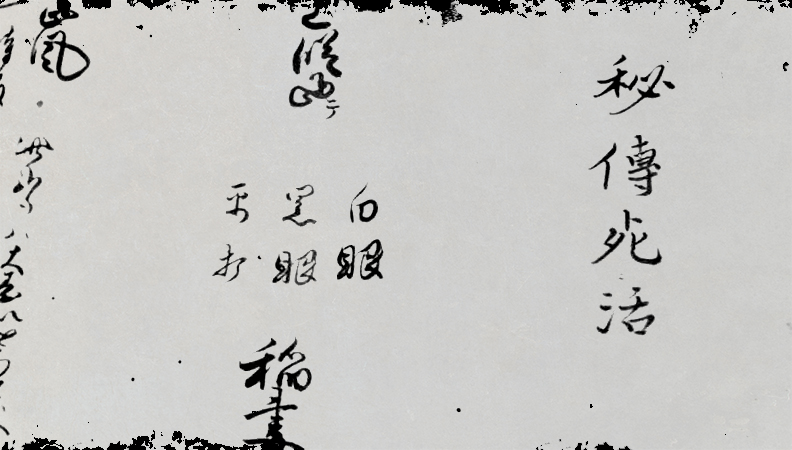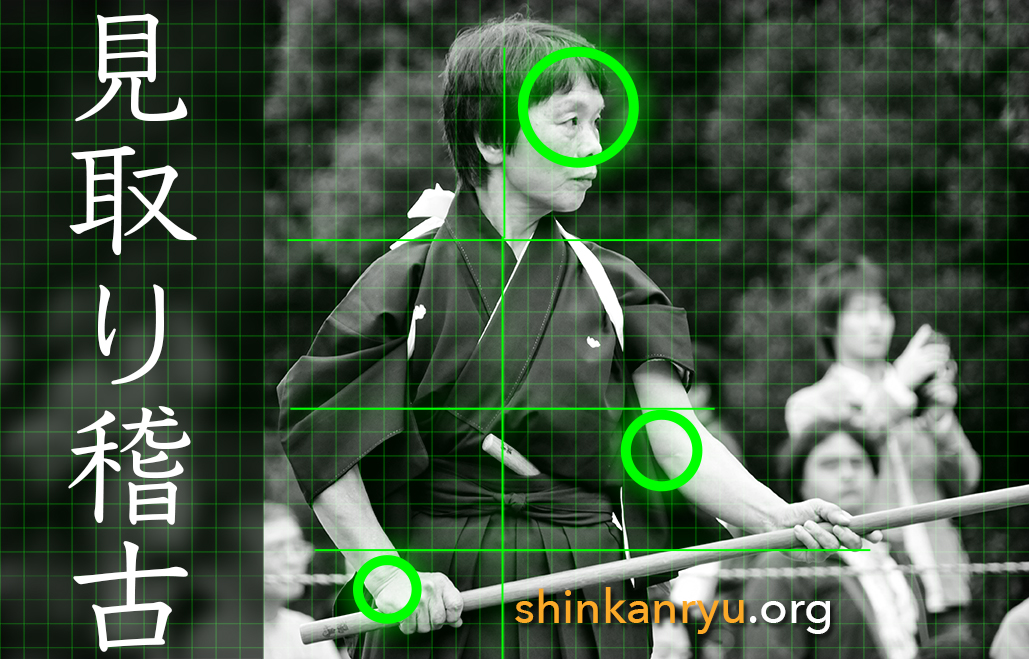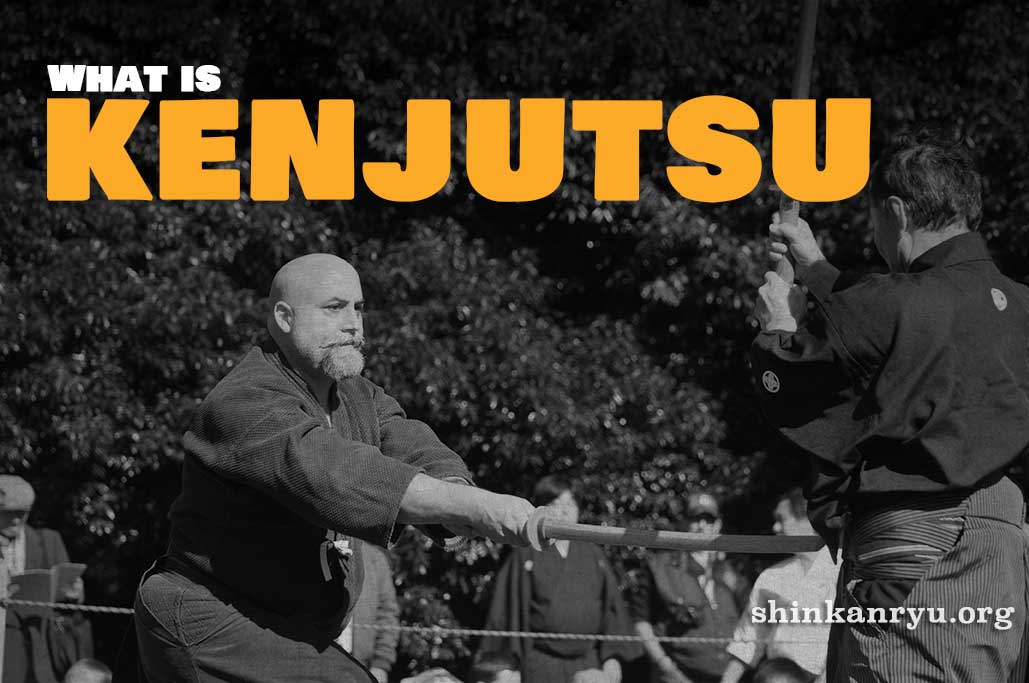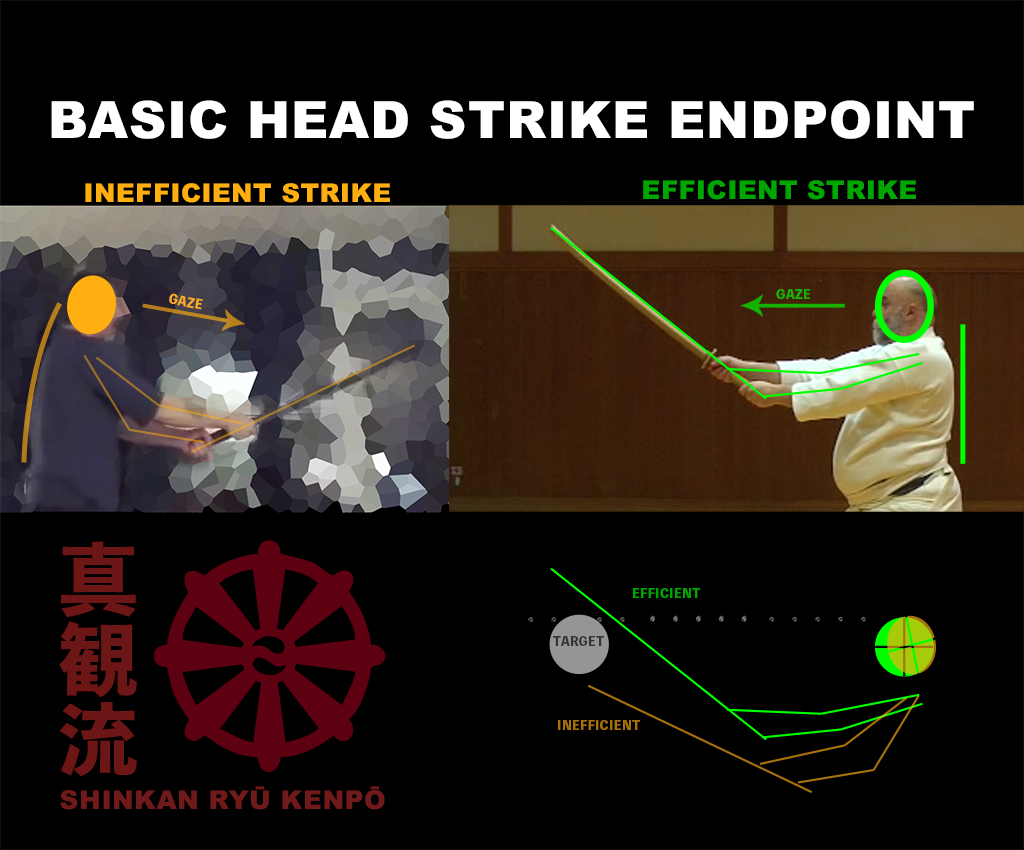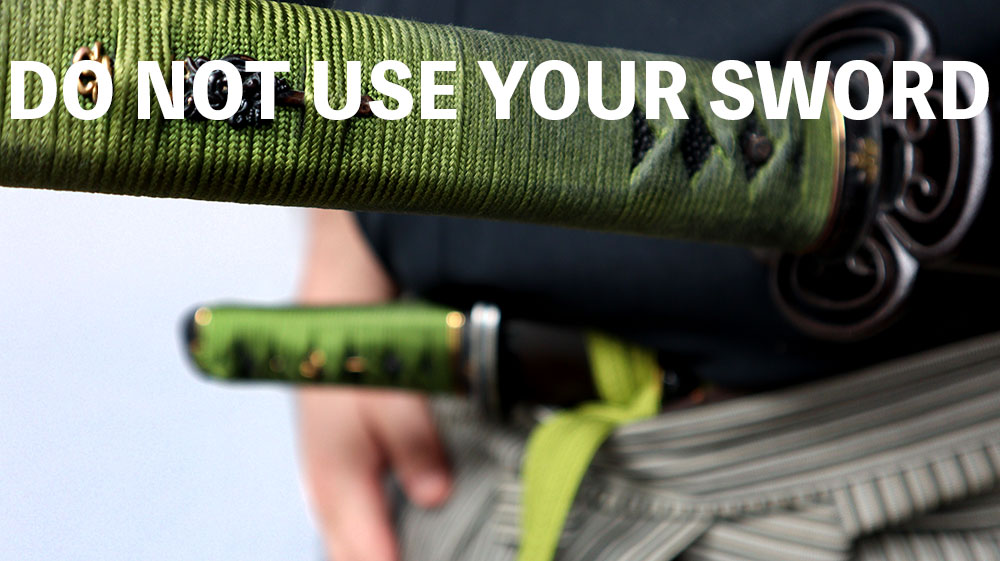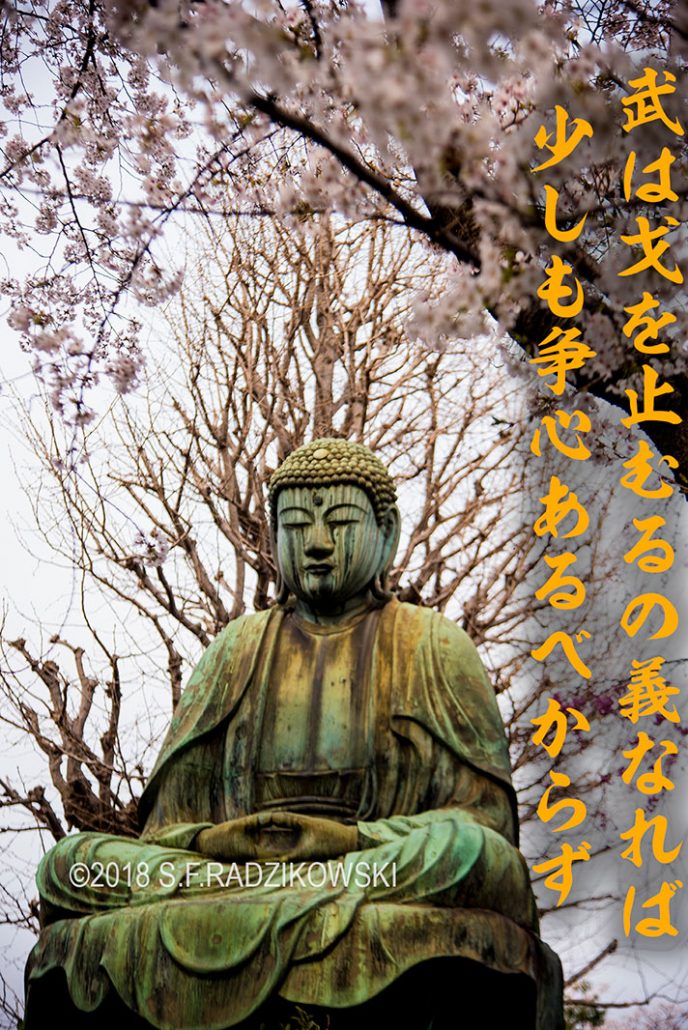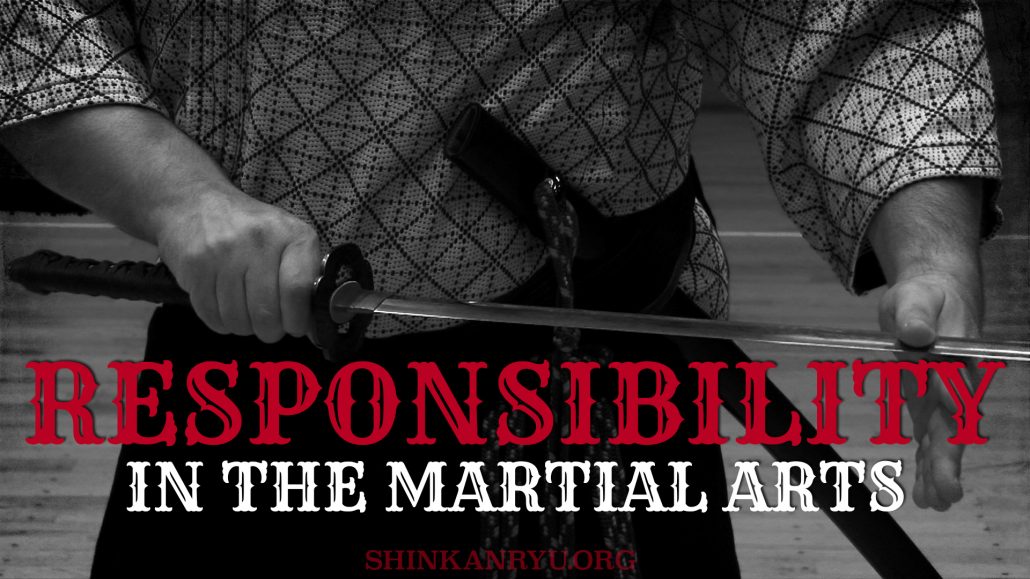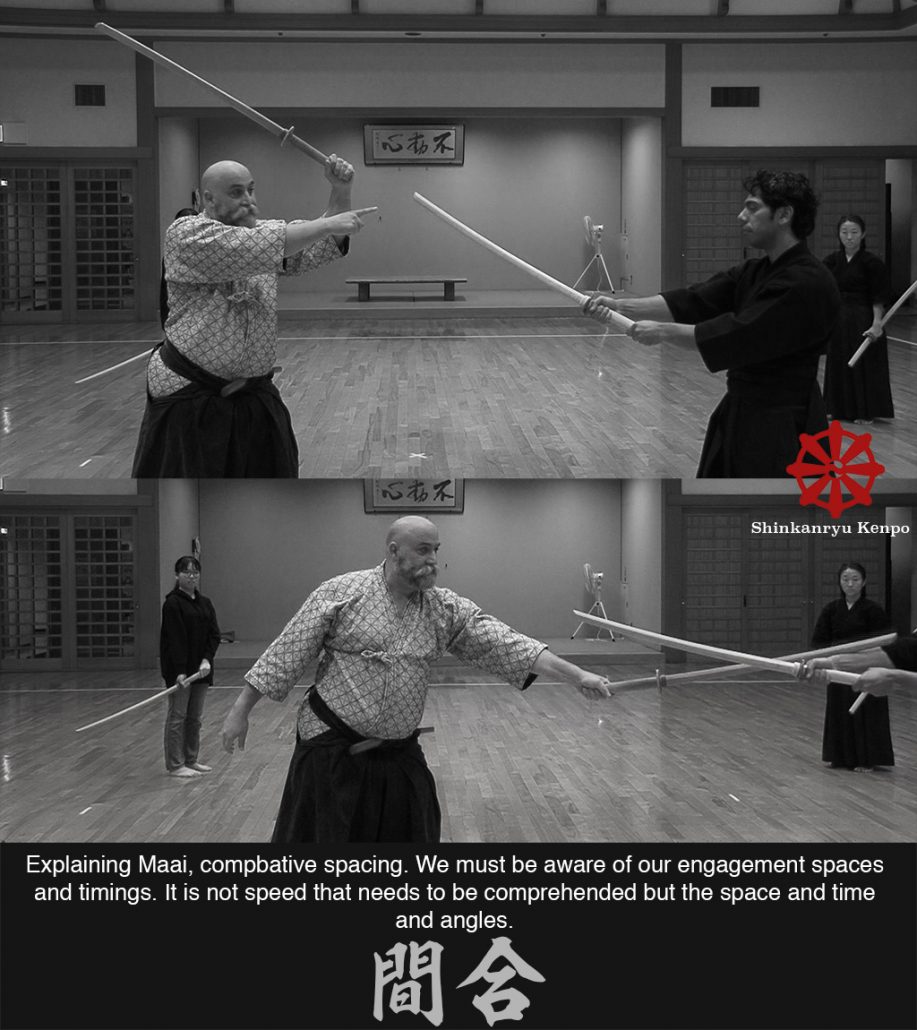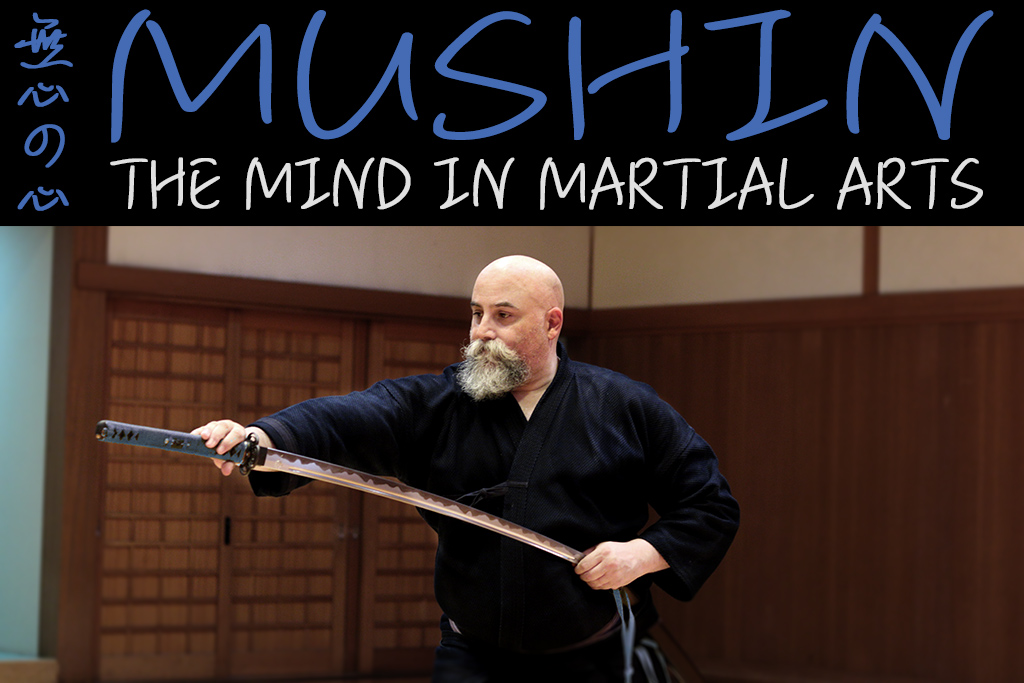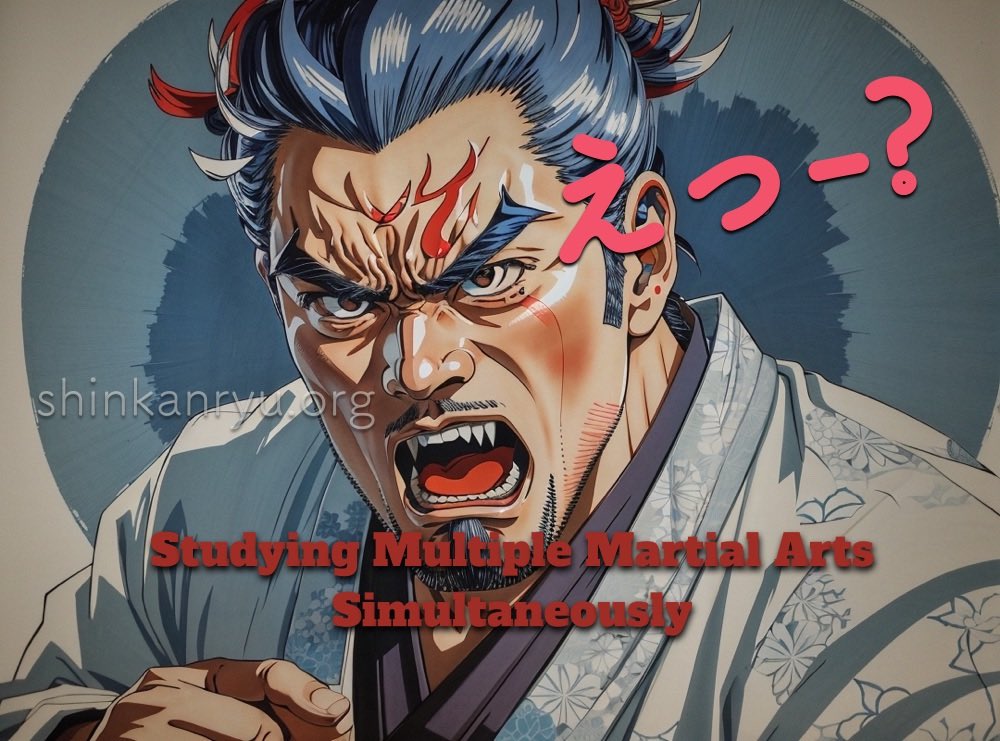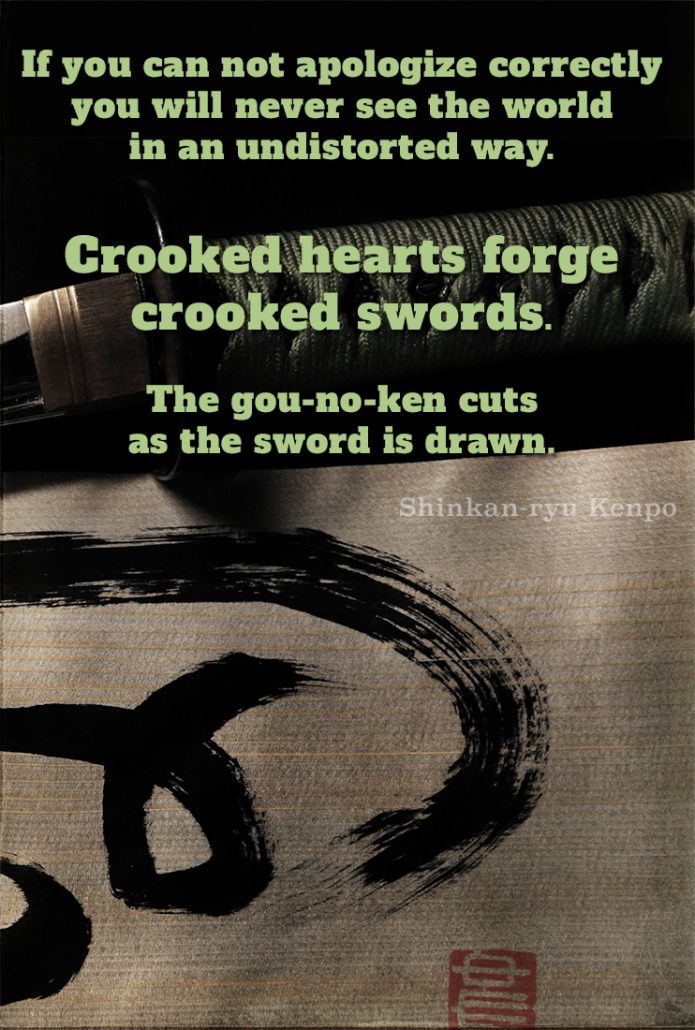I once had an interaction with someone who referred to their school as a genuine samurai school. They insisted their school was authentic and that it dated back to the warring states period of Japan, but refused even to tell me the name of it. There were other students of other schools that spoke to me of their experiences which sparked this essay. It led me to think about this sense of cult and the fondness for embellishing in Martial arts.
There are some warning signs that you're in a cult. Most cults are religious in their tones with lots of tight control, but not the right kind of control. I want to take this idea about cult behavior and put it in the scope of martial arts. I will list some issues that are cause for concern in martial arts schools and systems. Whether you're new to martial arts or have been around it is good to have the eyes open. Certain groups have been steeped in lies and embellishments for so long that people lost sight of the more traditional system which is set up for honest growth of its students, and not the stroking of ego or growth of the owner's wallet.
Signs Of Martial Arts Cult Behavior
Are they claiming extraordinary things?
Is the group or teacher saying that no other group has a specific idea? Are they claiming only they know the essence of martial arts? Are there a lot of secret techniques? Or that they know more than other groups? Are they the only school that does the armbar correctly? Are they saying that they are the only school showing true samurai sword techniques? Are they talking about the death-touch or being able to fling opponents through the air without touching them?
Is there a claim that the teacher is infallible?
That you should never question what you are taught? Is the 'Do as your told' mentality prominent? For example, utterly blind trust?
Of course, we need to trust our teacher; however, we shouldn't put them up on an unreachable pedestal.
Are you actively discouraged from asking questions?
When you ask questions, are they deflected or answered in a vague way?
Are they putting down other groups only to build themselves up?
That group has such and such faults, and we are doing something better and you will learn more here than any other group.
Putting down other dojo and schools to the extent that they build up their own school is a sign of trouble. There is, of course, some healthy dialogue regarding other schools, but it should not often be or mean spirited.
Overly critical speech from the main teacher?
Is he pointing out your failures more than anything else?
Are they hiding criticism of themselves or their student base and school? Do they paint former students as enemies or speak of them as adversaries?
If someone leaves the school for the smallest infraction are they talked about in an overly negative and derogatory way?
Are they always on the defensive of every aspect of their teachings?
Is there anything tangible along with their goals?
Goals can include a belt and rank system. The status of colored belts, while beneficial, can also serve as something more sinister and problematic. Be careful of frequent testing and their associated fees. Be wary as well of any school that says you can't learn their sword techniques unless you're a black belt. Sword training usually is not behind a rank or paywall.
Are they conducting themselves humbly or arrogantly?
Do they appear arrogant? Saying things like, "people who do koryu do it this hard way." "This is how it's done in Japan; you wouldn't know!" "My teacher did it harsh like this so I am doing it the same way. Get over it!" Being a strict teacher with your student's education and wellbeing at heart is not arrogant.
Is your teacher or group guilt-tripping you into maintaining a certain belief or standard that the teacher himself does not?
We need to be careful about these points. Not everyone is perfect, but how many of the above points can you pin to your school or teacher?
I might have walked away from some groups that I could have stayed with, but in the end, we have to be the judge of what we can take and not take.
Bad treatment, or racism, discrimination, lies, deceit, and drama, those are all valid reasons for not liking someone or not wanting to be in a certain group.
Danger & Red Flags
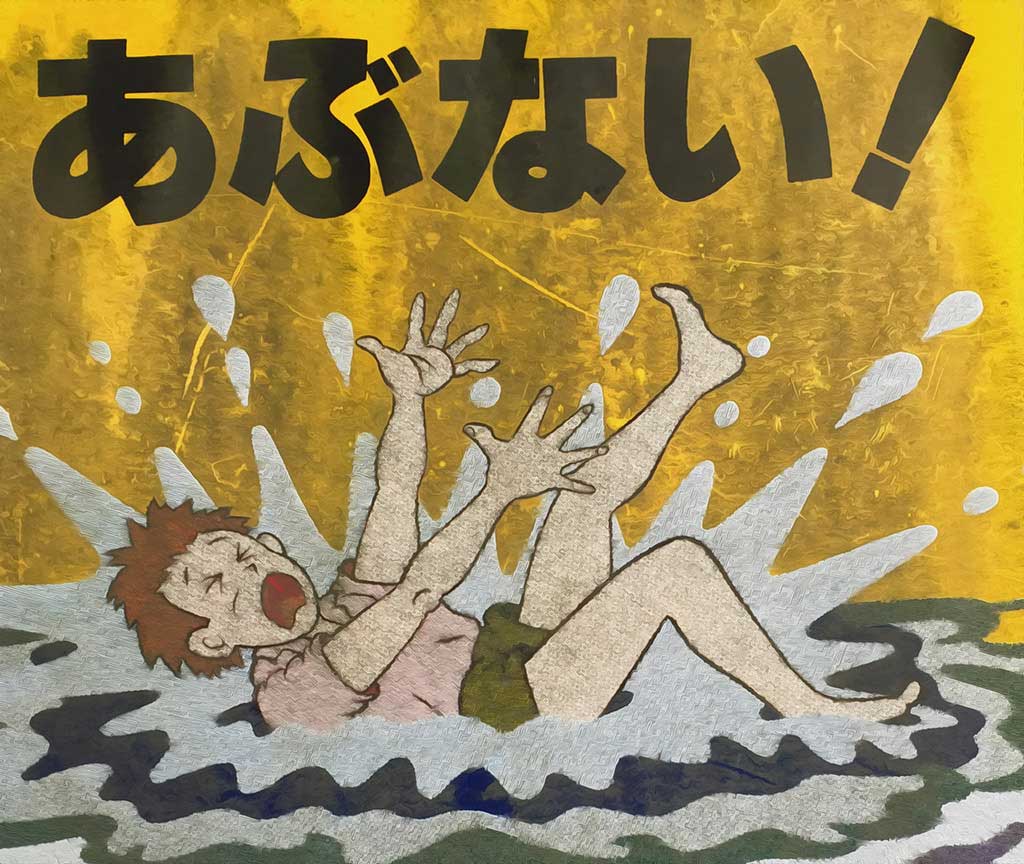
There are a lot of red flags that go up when someone that teaches kobujutsu, koryu or martial arts and won't let you know the name of their school, teacher, or lineage. If the teacher claims to be making trips there to train ask for the dates and locations. Naming systems you trained in and who your teachers are or were is normal. Hiding that information is abnormal and a sign of danger.
If you have been practicing a martial art from Japan that has a lineage and you have never been to Japan for training, and your school is secret, and the teacher won't demonstrate any techniques then something is wrong. No school in Japan functions this way. No one is operating with that much secrecy. Be skeptical of anyone that tells you otherwise. A private attitude is different than a secretive one. It is normal to visit the dojo and observe training at least once before joining.
If you're someone in a school like that, then you are probably in a dangerous dojo.
Devoting 30 years of their life to a system that is so secretive that there is no information anywhere, no demos, no open discussions of their history or lineage, even their systems name is secret; that is a sea of red flags. That is completely unacceptable.
If you spent 30 plus years of your life training in that environment, then something is wrong.
Any sane and rational person could get involved in that type of school. Even as a young or impressionable person, it can happen, but we must grow up and look around and see its not the norm. Questions should begin popping up at some point.
You have to draw the line between fantasy and reality.
Please evaluate your situation if you're in that environment.
I was in an environment where the dojo was being run shadily, and I saw unethical treatment. Put into a situation where I had also to keep the lies of my teacher, I became part of the lies through my involvement in the school. I had to make a decision; stay and be part of the deceit while getting some teachings because it's something I want to learn? I chose to walk away and not be part of it. Others stayed. From my experience, lots of people do this kind of whoring behavior where they trade good sound morals and ethics to acquire ranks and techniques.
It is damaging to your psyche and moral fiber. In the end, it is entirely unwholesome as it poisons not only your life but other lives as well.
Is it worth it?
White Lies
Some other issues to be aware of is when you view a potential teacher's biography on their websites. Is there a claim of rank or are they the head of an organization they created themselves? Is their position in an otherwise bogus organization? That is another red flag. For example, something with Bushido in the title. Maybe its called Bushido-ryu and they are a 50th dan in Bushido-ryu. It is best to embrace the search function of the internet. If you can't spot a fake name then just search it. What comes up? If its a bit of a dead-end and that person has a rank in it that usually means they gave it to themselves.
If someone claims to be 7th Dan (7th-degree black belt) in Fushukan* and within their biography, you see they started the Fushukan at an earlier time which means they gave themselves their rank. Such behavior is not normal from any proper teacher or in any decent martial arts system. Let's face it; there is no reason to lie. There is no reason to bestow a rank upon yourself. That is pure narcissistic behavior.
An example of an improper biography might include the words menkyo kaiden without any identifying information. If they indeed have one it should clearly state exactly which system it was received in. It should not state what dojo.
Upfront: Received menkyo kaiden in Shinto Muso-ryu Jojutsu 1994 from Maeda-sensei.
Shady: Received menkyo kaiden at honbu dojo. (missing system name, teacher and year attained)
It is best to question your teacher about his lineage directly. It is not rude nor impolite to ask about their training. If there is a lot of hemming and hawing or concealment or vague answers, then something is wrong. Usually, you won't have to ask questions as the information will be easy to see or hear about.
Upfront: Studied Shinto Muso-ryu Jojutsu with Maeda-sensei for 12 years. Began Toda-ryu 1996 in Yamagata.
Shady: Studied with various high-level teachers across Japan and Asia. (no verifiable information at all.)
Be careful of lists of championships. School owners, especially outside of Japan like to list accomplishments. Generally winning championships doesn't mean they will be a good teacher. Take it all with a grain of salt. Warning bells should ring when they list obscure championships and titles that can not be verified with any reliable means. Winning the All Burmese Bare Knuckle Fighting Championship doesn't equate to being a good teacher. Unless of course, you want to win that particular contest. If you are already thinking that sounds like a fake contest, good. You have some instincts to see the b.s. from the soil.
If you only have a black belt in something and wish to teach, then teach it on your own merits and skill, and not lies. There is no reason trying to fake your way into a lineage or creating groups then giving yourself high ranks and titles in that group. The individuals lying in this manner usually have a lot of bad character traits that you will be exposed to, abused by and even inherit in your training with them.
Self Aggrandization
Another issue is the use of titles like soke, shodai soke, or dai soke. Also English terms like Professor or Doctor. Even if they hold those titles, officially they shouldn't be continually referring to themselves as such. When you see these titles and terms, it should be a cause for a pause before joining. It is best to judge the teacher on his skill and character, and that of his students as well. Titles are misleading. Be very wary of anyone touting themselves as a soke. It is not a badge of honor or anything exceptional. It merely means someone (might have) inherited a school is the masthead of the organization. It does not mean they are even a martial arts teacher. Sensei, sifu, or sabunim are entirely respectful and standard ways to address a teacher in Japanese, Chinese, and Korean arts, respectively.
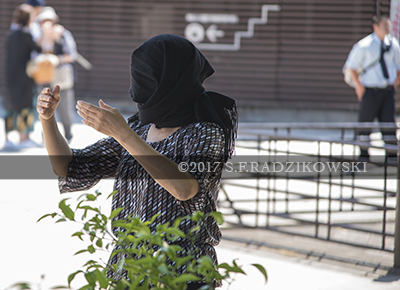
Not all titles are bogus, but when you see rank that is over fifth-degree it's best to look into it and see where that rank came from. Usually, the charlatans enjoy using rank that seems high or the titles mentioned before. You need to give your teacher a lot of yourself as you train. It is dangerous to trust a predator with your supple intellect and exploitable wallet.
Which is better; someone with moderate skill and true teachings without lies, or someone with low skill at instructing with a heavily embellished biography and other problems with veracity?
I make the argument that someone who is a caring, compassionate teacher that has skills to pass on is a real teacher. The man or woman leading a group of people masquerading as a martial artist is extremely dangerous.
This is an issue in Japan as much as it is in other countries. Make no mistake, it is not only a western problem.
Just like the Buddha taught to the Kalamas that if doubt arises, then it is because there is a reason to have that doubt.
Lots of people want to set themselves up as the leader of a group and to experience the worship of students. This is not what a teacher should be doing. I have seen countless videos, websites, and bio's claiming all sorts of things. I am unsure why people can not resist the urge to embellish and lie. Be honest about yourself and your art. Thank you for taking the time to read my ideas. If you have any questions, please send us message.
©2018 S.F.Radzikowski
*Fushukan is an arbitrary example of a non-traditional Japanese school name. Some such names used are budo this or that and ninja this or that. Animal names such as hebi (snake) or nature terms are not traditional For instance, Budo-ryu or Ninja Warriors Ryu is not a traditional Japanese martial arts school name.

ラジカスキー真照
館長Saneteru Radzikowski is the head sword instructor of Shinkan-ryū Kenpō. He lives and teaches Iaijutsu and Kenjutsu from Nara, Japan.
Duping The Gaijin – Martial Arts Fraud
Some Japanese schools or individuals wish to capitalize on the ignorance of non-Japanese martial artists...
Learning Koryū Kenjutsu & Iaijutsu Traditionally
Maai Combative Spacing
Maai 間合い Combative spacing or maai is important to investigate early on and come to...
Rei – 礼 – Gratitude In Budo Training Life
Gratitude for our swords and training equipment, and those that made them. To our teachers...
Budo Thoughts: Practice is life.
Practice is life. Life is practice. Enjoy them together. Enjoying morning keiko outdoors. The smell...
How To Avoid Training Pitfalls In Martial Arts
Beware The Rabbit Holes. I want to talk about some pitfalls of martial arts training....
Pain & Training In The Martial Arts
Pain & Training Pain is a universal dilemma. Especially for those in sports or martial...
Japanese Era 710-1868 Part 1 Nara & Heian
Nara period. 710-794 We shall begin with the Nara period. 710-794. Japan had recently changed...
Impermanence, The Mind, and the Truth
After every meditation session my teacher, with his eyes still closed, would softly speak in...
Narrow Minds Walk Narrow Paths
Narrow Minds Walk Narrow Paths There are a lot of martial arts to enjoy. There...
Koryū Menkyo Kaiden & Classical Martial Arts Proliferation
免許皆伝 Menkyo Kaiden and Koryu Proliferation Mention menkyo or menkyo kaiden around some martial artists...
Practice
The car at the bottom of the hill needs a sustained gas pedal to move...
Mitorigeiko Special Practice
Present and switched on The method of critically watching practice is commonly referred to as...
What is Kenjutsu? A guide to Japanese swordsmanship
Kenjutsu (剣術) is the Japanese art of the sword. It is one of the four...
Basic Head Strike Iaijutsu Kenjutsu
Good Posture = Efficient Movement A graphic I made for a student talking about the...
Saya no uchi
I train to strike correctly. I perform keiko to understand the angles of my sword....
The Mind According to Saito Yakuro of Shintō Munen Ryū 斎藤弥九郎神道無念流
「武は戈を止むるの義なれば少しも争心あるべからず」斎藤弥九郎神道無念流練兵館 斎藤弥九郎 Saito Yakuro, Shindō Munen Ryu instructor of the famous Renpeikan in Edo once...
Martial Arts Responsibility
As a martial arts instructor, or school, or especially if you’re representing an authentic Japanese...
Maai; Combative Space-timing
Teaching maai 間合い, the ideas of combative spacing and timing intervals in kenjutsu.
Mushin State of No Mind In Martial Arts
I would like to express my thoughts on the concept of mushin no shin —...
Is Studying Multiple Martial Arts Ok?
Many people study more than one martial art. There can be varied reasons, such as...
The Sword of Kamma
Within Shinkan-ryū are teachings to being responsible for our actions. Admitting fault of miss-actions or...


